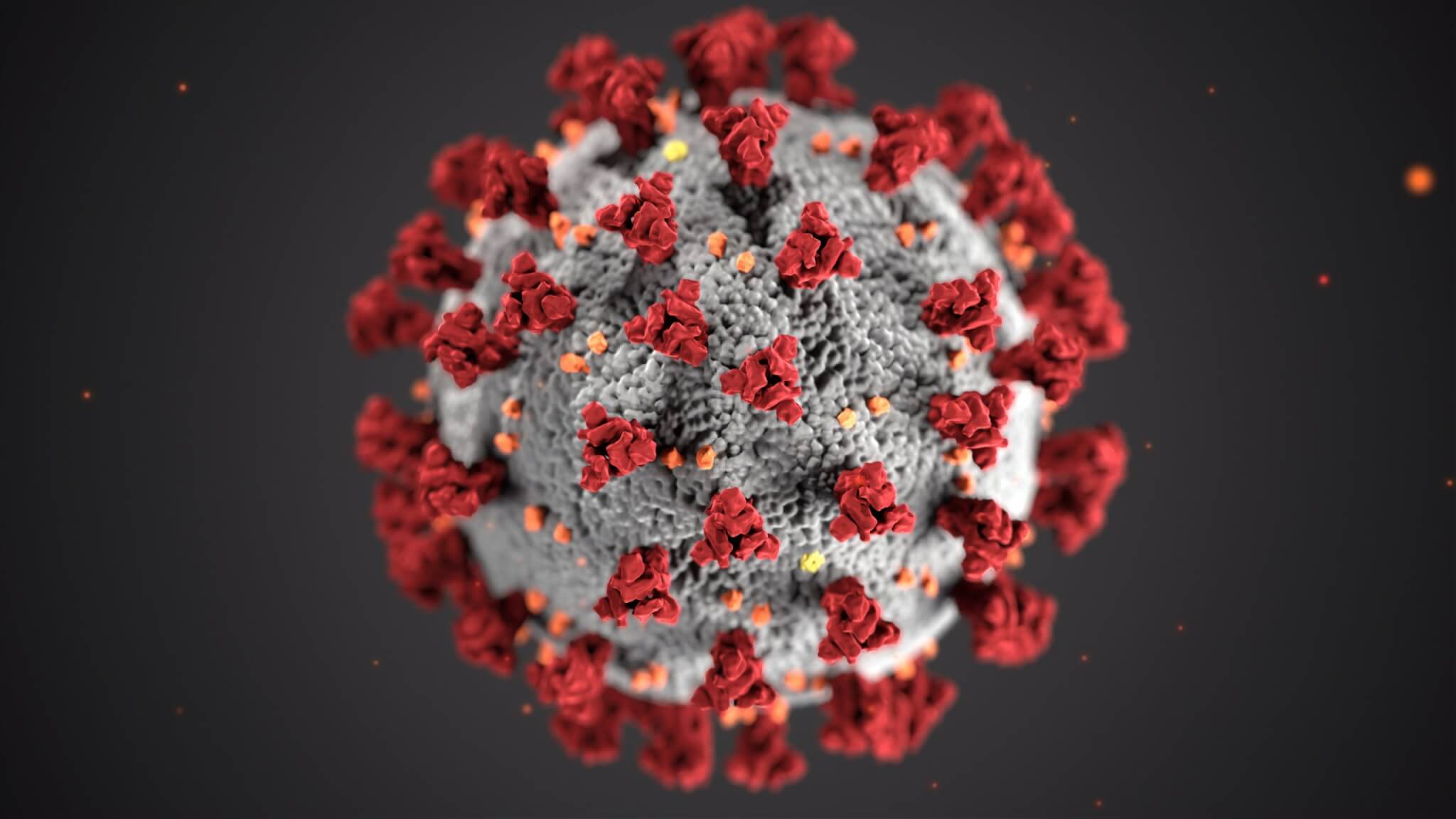BEIJING, China — Just in time for the holidays, the Omicron variant has arrived. As the entire world waits to see just how dangerous and infectious the new COVID-19 variant really is, early research is beginning to trickle in. A new study reports that prior COVID-19 infection and full vaccination may provide “stronger than basic” protection against Omicron.
Unfortunately, the research also finds that Omicron appears to “exceed” all prior versions of the coronavirus when it comes to its ability to evade protection gained from previous infection or vaccination. Moreover, while study authors state a third vaccine booster shot “significantly boosts immunity,” they also caution that the Omicron variant may still be able to “compromise” a notable portion of that protection. They ultimately stress the need for further research.
Lead author Youchun Wang from the National Institutes for Food and Drug Control in China believes this work validates early reports indicating that COVID’s Omicron variant is especially adept at avoiding the body’s defenses.
“We found the large number of mutations of the Omicron variant did cause significant changes of neutralization sensitivity against people who had already had COVID,” he explains in a media release. “However, the average ED50 (protection level) against Omicron is still higher than the baseline, which indicated there is still some protection effect can be observed.”
Unfortunately, antibody protection achieved via either vaccination or prior infection to COVID slowly but surely wanes over a period of about six months. So, six months post vaccination or recovery, Omicron “may be able to escape immunity even better.”
Moving Omicron research out of the lab
In the new study, the research team analyzed 28 blood samples from patients recovering from the original SARS-CoV-2 strain. Then, they tested those samples against some in-vitro Omicron samples and a number of other coronavirus strains (including Delta) which the World Health Organization considers “of concern” or “of interest.”
“This study verifies the enhanced immune escape of Omicron variant, which sounds the alarm to the world and has important implications for the public health planning and the development of matching strategies,” Dr. Wang adds.
Study authors say Omicron research now needs to progress into real-world work, as opposed to in-vitro research. More specifically, scientists must determine if the new variant is capable of “escaping from the vaccine elicited immunity to cause more severe disease and death.”
“It needs to be re-evaluated whether the antibodies can still be effective against the Omicron variant,” the study authors write. “The exact impact to human protection may be influenced by more factors such as the infectivity of Omicron variant relative to other variants to human populations and the viral fitness of Omicron once the humans are infected. More population studies including the level of immune protection and symptoms among people infected with Omicron are needed to fully establish the global impact of Omicron to the control of COVID-19 pandemic.”
All in all, researchers conclude this study “may well predict the potential reduction of vaccine protection against the new Omicron variant.”
The study is published in the journal Emerging Microbes & Infections.
